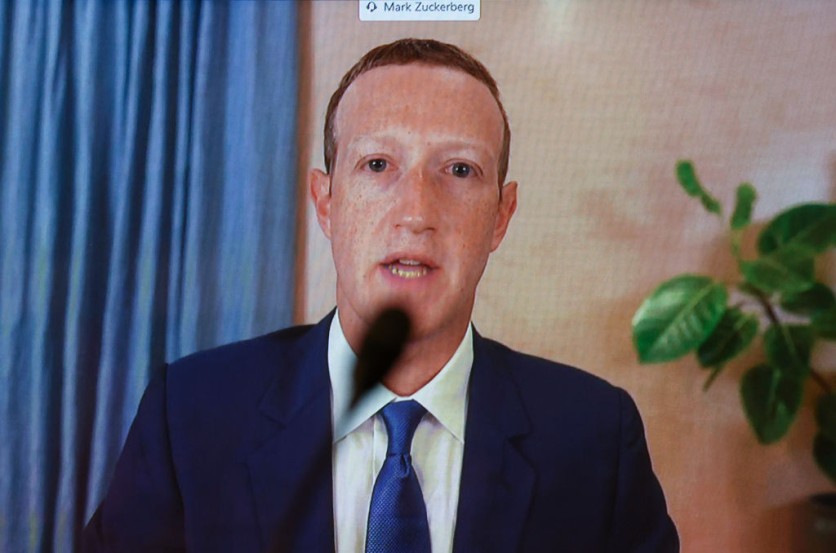Meta's CEO Mark Zuckerberg is convinced that his metaverse project is the future of technology, similar to how he revolutionized the Internet world with Facebook. However, several tech leaders have expressed their skepticism toward this project.
The most recent of them is Snap's CEO Evan Spiegel. He threw shade at the project during the Wall Street Journal's Tech Live conference on Wednesday, as reported first by Interesting Engineering.

"The last thing I want to do when I get home at the end of a long day is live inside a computer," Spiegel said, which drew laughter from the audience.
"I'm going to get in trouble when I say this, but it's a poorly built video game...Building a metaverse that looks like a meeting room? I find it's not a place where I want to spend most of my time." Phil Spencer, head of Microsoft's Xbox division, stated during the event as well.
Greg Josviak, Apple's SVP of global marketing, declared that the term metaverse is a word he would never use, and Craig Federighi, Apple's SVP of software, concurred with his statement as well.
Read Also : Mark Zuckerberg to Testify in an FTC Case for Facebook's Acquisition of VR Content Maker 'Within Unlimited'
Negative Opinion
The Apple SVPs are not the first company leaders to have a negative opinion of the metaverse. Apple's very own CEO Tim Cook told the Dutch Publication Bright that he is unsure if the average individual can describe what the metaverse is.
Earlier this year, Amazon's head of devices took a jab at Meta claiming that the company is creating a fantasy world that is distracting people from living in the real world.
David Limp said that Amazon intends to focus on technologies that "bring people's heads up" and let them appreciate the real world, like making the family a more communal experience.
He also brought up the uncertainty surrounding the metaverse, telling the audience at the Wall Street Journal's Future of Everything Festival that he would receive 205 different answers if he asked people about the project.
Reggie Fils-Aimé, a former executive of Nintendo of America, also took a swipe at the company, claiming that Facebook itself is not an "innovative company" and that consumers would not choose to spend their leisure time in virtual reality.
The metaverse project has so far cost Meta more than $15 billion. The initiatives have had a slow uptake. The company's target of 280K active users by the end of the year has decreased from 500K.
Even if its major social network is unstable in terms of losing and gaining subscribers, Meta is steadfast in creating this virtual universe. The metaverse is a little misleading, according to Nick Clegg, president of worldwide affairs at Meta, because it suggests that you are taken to another universe.
This article is owned by Tech Times
Written by Joaquin Victor Tacla
![Apple Watch Series 10 [GPS 42mm]](https://d.techtimes.com/en/full/453899/apple-watch-series-10-gps-42mm.jpg?w=184&h=103&f=9fb3c2ea2db928c663d1d2eadbcb3e52)



